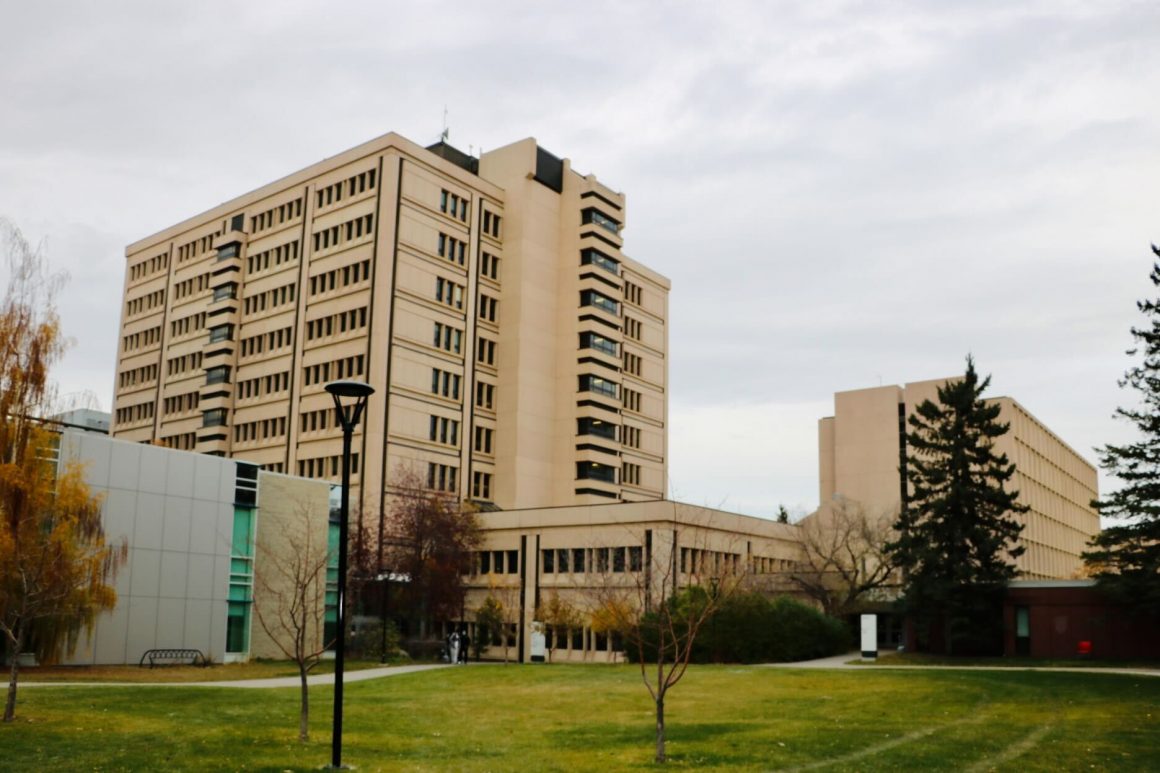
SLC discusses the lessons in teaching and learning from COVID-19
By Enobong Ukpong, November 28 2022—
This week’s Student Legislative Council (SLC) meeting took place on November 22. The main topic of discussion was the Transforming Teaching project, presented by Faculty of Biological Sciences graduate student Kayla Dias.
“Essentially, what we’re trying to do is capture the lessons learned across Canada and the University of Calgary, from your experiences of learning online over the last two years,” said Dias.
2020 was a pivotal time in many students’ lives, with an unprecedented 75 per cent of courses moving online due to the COVID-19 pandemic. The idea behind the Transforming Teaching project is to document the challenges arising from the pandemic and the opportunities that came out of it.
“What we also want to do in this process is to identify the gaps for teaching and learning at post-secondary institutions such as colleges and universities,” said Dias.
Currently, the project is in the phase of conducting community conversations, with the first unit group being members of the SLC, and undergraduate students as a whole, with plans of talking with graduate students at a later phase.
“I have three guiding questions as I process all this information and I proceed through this,” said Dias. “What lessons have other institutions learned and captured throughout the pandemic? How has teaching and learning changed or remained the same through the pandemic, and as we move into this post-pandemic landscape? And how can we integrate all these lessons into our culture of teaching and learning so that we can shape the future in a sustainable way?”
Dias noted that among the U15, which are the 15 biggest universities in Canada, the transition to online learning was relatively smooth because of the learning management systems, such as D2L and Blackboard, that were already in place. However, instructors were rather inexperienced and hesitant about teaching online, especially at the beginning of the pandemic, although these attitudes lessened as they became accustomed to the technology.
“Another theme that became quite pertinent was that a lot of instructors really wanted to bring forward this compassion and care because the pandemic was rough on everybody,” said Dias. “I have noticed that students really appreciated that because it was relatively less stressful in some ways.”
Dias noted that the pandemic brought more flexible grading options, such as credit/no credit options and smaller stakes assignments. However, this additional flexibility had disadvantages. TAs and students found they had more work to do due to the greater number of assignments, and instructors also had more work to do due to the need to redesign the course.
“Socio-economic factors played a really big role in how all of us experienced online,” said Dias. “So access to devices and internet connection played a big role in whether you could access your court material, to what extent you could continue to be a student, or how professors, instructors, and TAs continue to deliver their content.”
Dias noted that since the university has not collected this information systematically, all the information reported up to this point has been largely anecdotal, collected from articles, blog posts, and podcasts. Dias notes a lack of discussion of accommodation, accessibility, and mental health.
Dias provided SLC members with a form that they could fill out to discuss their experiences with online learning during the pandemic. Students who wish to participate can also send in their experiences to SLC members.
Agendas, minutes and upcoming meetings for SLC can be found online.
